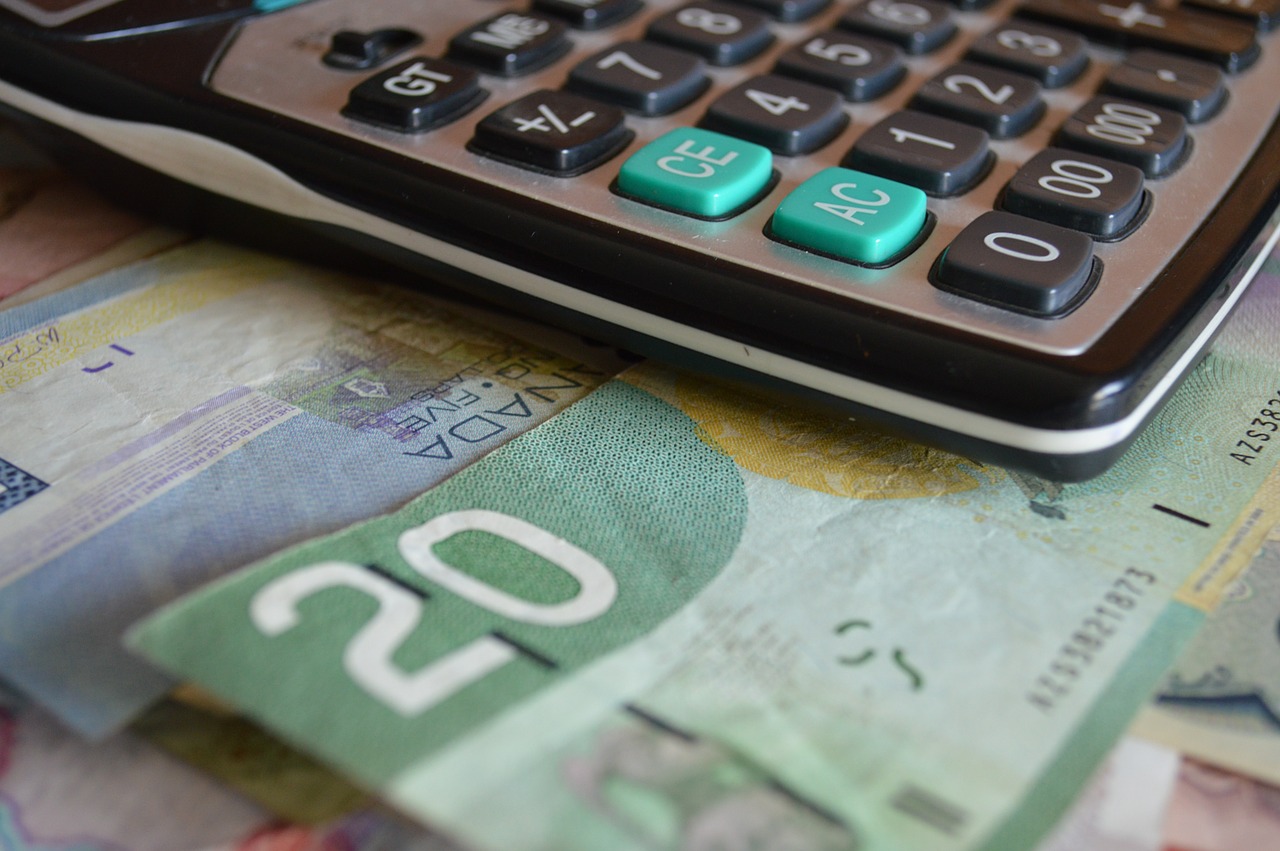 By Gordon Pape, Editor and Publisher
By Gordon Pape, Editor and Publisher
You’re likely to receive a fat cheque soon, if it hasn’t already arrived.
According to Statistics Canada, almost seven million people had been issued tax refunds for 2018 in the period to April 1st. The average amount was $1,615.
That’s about two-thirds of the total number of Canadians who had filed to that point. The message is if you still haven’t completed your return, get going. Ottawa probably owes you money. Don’t let them hang onto it any longer than necessary.
For most of us, $1,615 represents a nice windfall of tax-free cash. The question is: what to do with it? It’s tempting to blow it on weekend at a nice resort or on a new TV set. But I have some better ideas.
Pay something down
Pay down your credit card. Unless you’re in the hands of a loan shark, no one charges you more interest than your credit card company. In most cases, it’s 19.99 per cent annually on regular balances and 22.99 per cent on cash withdrawals. If you only pay the minimum monthly amount, it will take years to pay off your current balance. You can see how long by reading the fine print on your monthly statement. In the meantime, the credit card issuer is making huge profits from your money. There’s no better way to use a tax refund than to reduce or eliminate credit card debt.
Reduce your 2019 taxes. You can make a good start on earning another refund next year by contributing part or all of your payment to an RRSP. That will generate a deduction that will reduce the amount of tax due when you file your 2019 return next April. The higher your income (and therefore your tax bracket) the more money you’ll save.
Make a TFSA contribution
RRSPs work best for high-income earners but the Tax-Free Savings Account is the best friend of lower-income Canadians. However, the program is not being used as much as it should be according to a report released this week by the Montreal-based Institute for Research on Public Policy (IRPP).
One of the main advantages of a TFSA is that withdrawals are not treated as income – it’s the same as taking money from a bank account. That means TFSA payments don’t affect your eligibility for government financial support programs, such as the Guaranteed Income Supplement (GIS).
“Too many future GIS recipients are not getting the advice they need to shed their RRSPs and some are still, wastefully, saving in them,” says report author Richard Shillington, an Ottawa-based statistician.
Since TFSAs were launched in 2009, the report says that only 36 percent of workers without an employer-sponsored pension plan have opened an account.
“Given the potential benefits of TFSAs for low-income seniors, we should be seeing a significant movement away from savings in RRSPs and toward TFSAs among Canadians likely to qualify for the GIS. This has not occurred to the extent policy-makers envisioned when TFSAs were introduced,” Mr. Shillington says.
Open an RESP
If none of the above options appeals to you, how about using your tax refund to open a Registered Education Savings Plan for a child or grandchild? According to Statistics Canada, the cost to an average student studying for an undergraduate degree in this country is $6,838 per year. That works out to more than $27,000 for a four-year diploma.
A RESP can provide for at least part of that cost and the younger the child is when the plan is opened, the better. The contribution is not tax deductible, but the federal government will kick in an extra 20 per cent of your contribution (up to $2,500 per year) through the Canada Education Savings Grant. Lower income families can earn even more. All income earned within the plan is tax sheltered.
How about a compromise?
After reading all this, you may still be tempted to blow your tax refund on something fun – but now you may feel guilty about it. So, here’s a compromise: spend 50 per cent of the refund on yourself. Use one of the above options for the rest.
This article was originally published in The Toronto Star.
